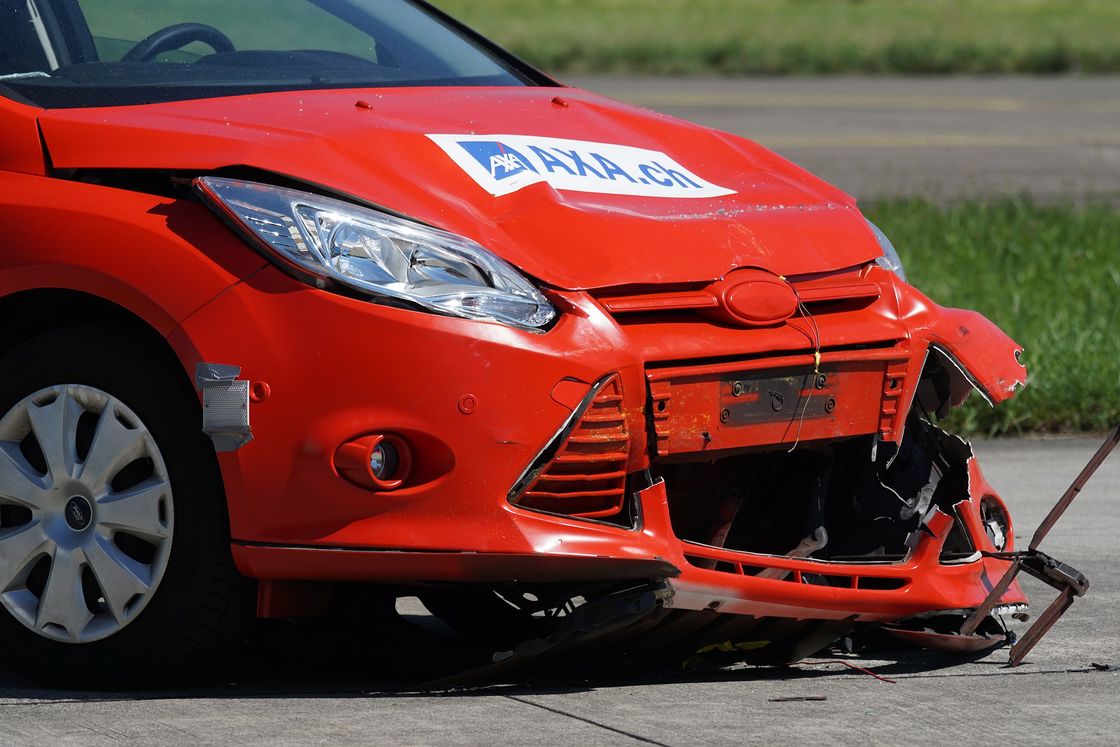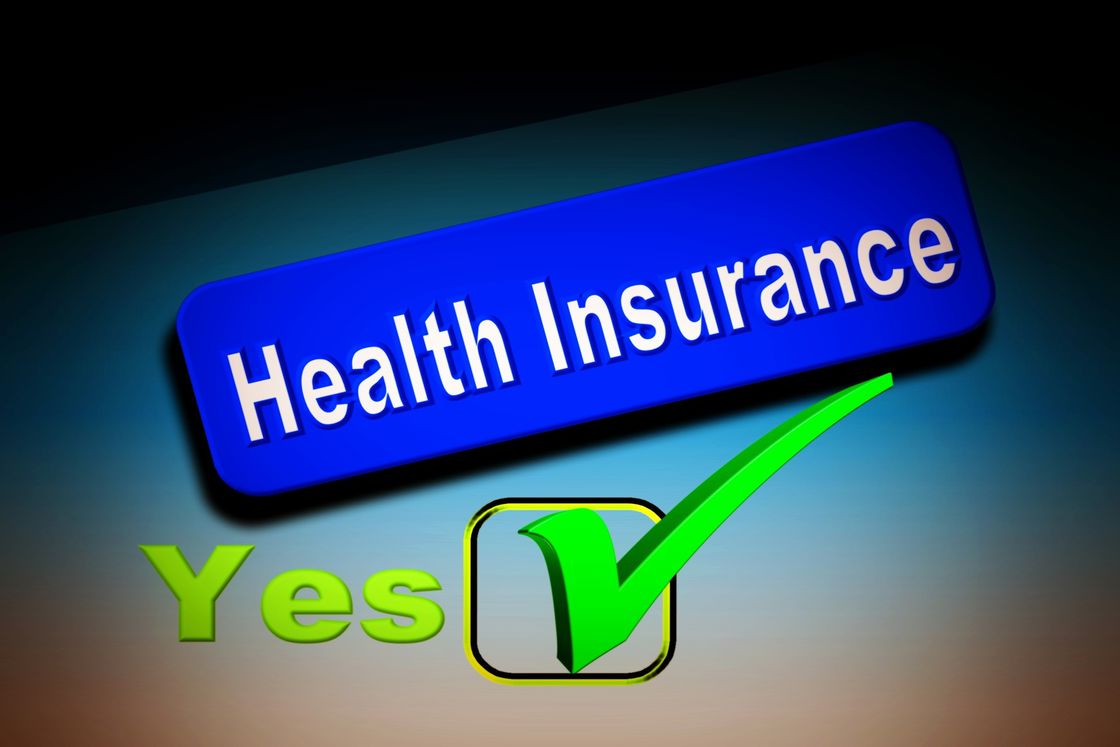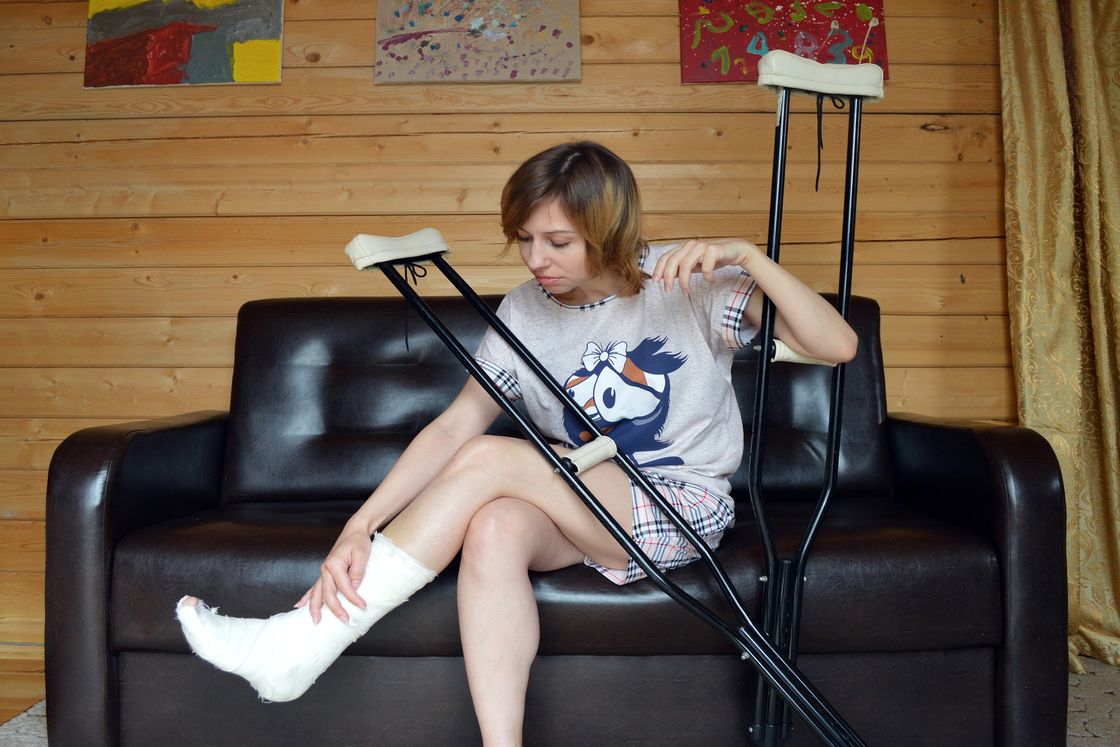“Does health insurance cover car accidents?” This can be an unsettling thought after a collision. The uncertainty surrounding coverage for car accident injury expenses, especially if you lack personal injury protection, can add financial strain to an already difficult situation. To avoid this inconvenience, discover if health insurance companies can cover your auto accident expenses.
Does Health Insurance Cover Car Accidents?
Health insurance can cover car accident injuries, although it depends on the specific terms of your health insurance policy. For example, your health insurance policy likely categorizes medical providers as in-network and out-of-network. If you go to an out-of-network healthcare provider, you may be stuck paying out-of-pocket costs for these services.
Additionally, your health insurance provider may limit or exclude coverage for certain types of medical treatment. Since coverage may vary depending on several factors, we recommend reviewing your policy documents or contacting your health insurance company to learn more about your coverage and exclusions.
A personal injury attorney can investigate the accident, gather and preserve evidence for your claim, and determine accident liability. Even more, our legal team can file your claim, communicate and negotiate with health insurance carriers on your behalf, and, if necessary, pursue litigation.
Should I Seek Medical Care for Injuries if I Do Not Have Health Insurance?
Even without health insurance, seek medical attention as soon as possible if you’re injured in a car accident. Besides getting treatment for your injuries, you need medical records to document your injuries and show that they resulted from the accident. If you wait too long to get a medical evaluation, the insurance company may try to claim you are making up injuries or that something else caused them.
What Are My Options to Cover Car Accident Injuries if I Do Not Have Health Insurance?
In California, if you have an emergency condition, hospital emergency departments must treat you until your condition is stabilized, regardless of your ability to pay. However, if you do not need emergency care, you may have other options to receive treatment.
- If you have Med-Pay, you can use that to help cover medical costs. You may also be able to negotiate discounts or payment plans.
- A medical lien is a contractual agreement between you and a medical provider. The healthcare provider would treat your injuries without upfront payments from you. However, the medical lien allows the provider to get paid or reimbursed from any settlement or judgment you recover through a claim or lawsuit.
What Are the Types of Health Insurance?
Personal injury protection (PIP) is a component of an auto insurance policy that covers medical expenses regardless of fault, with no-fault coverage varying significantly by state. This coverage works alongside health insurance to provide comprehensive protection for car accident injuries.
Note that California is not a no-fault state. In California, PIP (if offered by the insurer) covers medical expenses for injuries, although it is not required. Understanding the different types of health insurance can help you navigate healthcare coverage and potential reimbursement requirements, especially in situations involving auto accidents.

1. Employer-Sponsored Health Insurance
This type of insurance typically covers car accident injuries, although the extent of coverage depends on specific policy details. Self-funded employer plans governed at the federal level generally have the right to bill directly for reimbursement after you receive a settlement for auto accident injuries.
2. Individual Health Insurance
This insurance is purchased independently. It can cover car accident injuries, subject to coverage limits and plan terms. Depending on state laws, these plans may or may not require repayment of medical expenses after a settlement, which differs from no-fault insurance requirements.
3. Medicare and Medicaid
These insurance types provide coverage that can address injuries from auto accidents, including those involving self-driving car liability scenarios. Federal and state regulations mandate that medical bills paid through these government programs must be repaid, though they often accept reduced amounts.
Will Med-Pay Car Insurance Cover Car Accident Injuries?
Med-Pay, or medical payments coverage, is a type of auto insurance that covers accident-related medical bills for you and your passengers. California law doesn’t require motorists to have Med-Pay coverage as part of their car insurance.
Because of this, health insurance coverage makes it an optional add-on to policies. You may only have it if you have it as additional auto insurance coverage. Depending on your auto insurance policy, Med-Pay may have a fixed limit from as little as one thousand dollars to as much as one hundred thousand dollars.
If you have Med-Pay coverage, it can provide valuable financial assistance in covering your immediate medical expenses after a car accident. It also offers a few benefits that a health insurance plan typically does not. A few benefits include:
- No deductibles or copays
- Available for you and any passengers
- No restrictions on the type of medical provider you can use
Does Auto Insurance or Health Insurance Pay Cover Medical Expenses First?

The order in which your policies for car insurance coverage and health insurance pay for your medical bills depends on the specific terms of your policies. If you have medical payment coverage as part of your auto insurance coverage, you can use your Med-Pay coverage in addition to your health insurance coverage.
Some Med-Pay policies are “excess”, which means you need to use health insurance first before any Med-Pay benefits kick in. In California, health insurance usually acts as a secondary payer when you have auto insurance with Med-Pay. Review the terms of your vehicle insurance and health insurance policies to understand the best coordination of benefits in the event of an accident.
How Are Medical Bills Paid After a Car Accident?
You are responsible for paying your medical bills. In most cases, after a car accident, you can rely on your health insurance, vehicle insurance, or both to cover your medical costs.
- If you use health insurance when seeking medical treatment, the healthcare provider will submit a claim to your health insurance company.
If your health insurance covers all or part of the treatment, it will pay your medical provider directly.
If you use Med-Pay, follow the claims process provided by your car insurance company. You may need to pay your medical bills upfront and seek reimbursement from your vehicle insurance provider.
If you are unsure how to handle your medical bills after a car accident, consider consulting with an experienced personal injury attorney for guidance.
Can I Recover Expenses From the At-Fault Driver?
If the other driver is at fault for the car accident, you may be able to recover expenses through a car accident claim or lawsuit. You may recover financial compensation for medical bills, lost wages, and other damages, like pain and suffering.
File a claim with the at-fault driver’s insurance company. Provide strong evidence of the other driver’s negligence and proof of damages. Evidence for your claim may include a traffic collision report, medical records, and witness statements.
The insurance claim process can be complex and time-consuming. We recommend having a personal injury lawyer on your side to fight for your right to compensation with the insurance company.
Is It Important to Get Legal Representation After a Car Accident?
You should at least consult with an attorney after a car accident. At the Law Offices of Steers & Associates, we provide a free, no-obligation consultation to discuss your situation and potential legal options.
- This consultation enables us to assess whether we can assist you without any risk to you. We can answer your legal questions and help you understand your best options for moving forward after the accident.
- Generally, if you suffer injuries in a car accident, you should have an attorney on your side to advocate for you. Dealing with the complicated legal process while trying to focus on recovery is challenging and overwhelming.
- Health insurance carriers don’t want to pay out claims. If you represent yourself, you risk the chance of undervaluing your claim, accepting a low settlement, claim delays, or even claim denial.

We understand that car accidents can be traumatic events that leave accident victims with injuries, emotional distress, and financial burdens. If you have suffered car accident injuries due to another person’s negligence, you may be able to recover compensation for medical bills, lost wages, and pain and suffering.
As proved in our case results, we have recovered millions of dollars on behalf of California accident victims.
Related Questions
Is There a Deadline to File Insurance Claims in California?
In California, health insurance claims typically must be filed within one year of service. However, several factors can affect this timeframe, including your specific policy terms and the type of claim. Missing these deadlines can result in denied coverage.
What Injuries Are Not Covered by Health Insurance Policies?
Your own health insurance often excludes coverage for experimental treatments and cosmetic procedures. However, California law enables patients to seek coverage for certain “medically necessary” treatments that might not be considered experimental.
Is Accident Insurance Included in Health Insurance?
While standard health insurance typically covers medical expenses after an accident, it doesn’t replace dedicated accident coverage that might offer additional benefits for a personal injury claim against a liable party. In no-fault states, your vehicle insurance may provide primary coverage for accident-related injuries regardless of who caused the collision, while traditional health insurance serves as secondary coverage.
What Are Health Insurance Coverage Limits and Deductibles in Car Accidents?
After a car accident, you’ll likely need to pay deductibles and copayments before your health insurance kicks in. Additionally, your coverage may have annual maximums that limit how much the insurer will pay for your care. Your provider might bill directly to your auto insurance first if you have medical payments coverage, only billing your health insurance after those benefits are exhausted.
Could Your Health Insurer Seek Reimbursement if You Win a Settlement?
If you receive a settlement from an accident claim, your health insurer may exercise its right to seek reimbursement for the medical expenses it covered, even if you had no-fault coverage through your auto insurance. This subrogation process can significantly reduce your settlement amount, despite the upfront cost that your health insurance covered during your initial treatment period.
Conclusion: Discuss Your Situation With Our Los Angeles Car Accident Attorneys
By getting the help of a personal injury lawyer, you can focus on your recovery while your attorney handles the legal process for you. At the Law Offices of Steers & Associates, we assist individuals in recovering the compensation they need and deserve after an accident. During a free consultation, we can help you understand your potential legal options.

